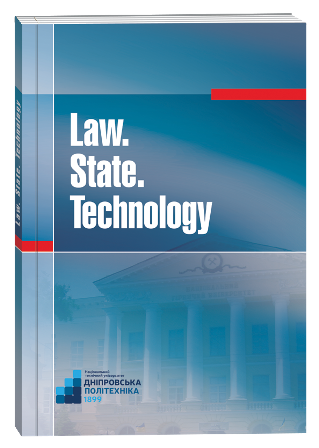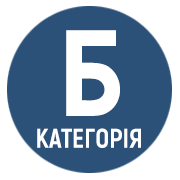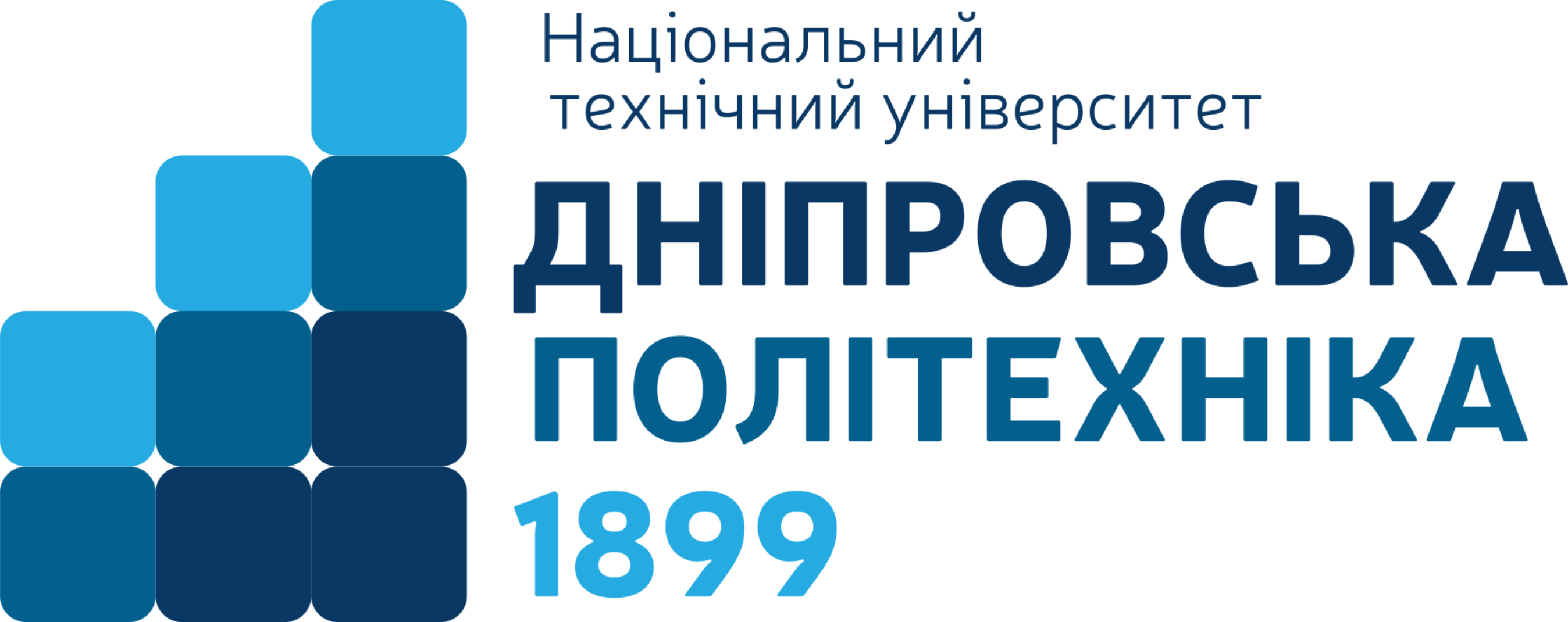FREEDOM AND REASONABLENESS AS LEGAL VALUES OF THE MODERN DIGITAL EUROPEAN SOCIETY
DOI:
https://doi.org/10.32782/LST/2024-3-2Keywords:
reasonableness, freedom, digital rights, legal regulation, value of law, permission, proceduresAbstract
The purpose of the article is to establish the essence of freedom and reasonableness as legal values of the modern digital European society. It was determined that the signs of freedom in social legal relations are: free choice of opportunities to realize the rights granted to the subject; inadmissibility of abuse of procedural rights; the validity and appropriateness of the formalization of procedures for the realization of procedural rights and interests. On the basis of a comparative legal analysis of the legislation of foreign countries, it was determined that there are problems with the normative definition of the understanding of freedom and reasonableness as legal values of the modern digital European society. It is emphasized that a unified normative approach to the understanding of freedom and reasonableness as a value of social relations has been introduced in Germany, Belgium, Italy, the Netherlands, Luxembourg, Greece and other EU countries. It has been determined that in Spain the principles of equality and effective provision of freedom are defined as principles of constitutional importance that guarantee the right to effective legal protection. It has been established that freedom and reasonableness as legal values of the modern digital European society are the fundamental principles on which the legal order in Europe is built. Freedom is a fundamental legal value in the European legal tradition, which is guaranteed by the Constitutions of the EU member states and the Charter of Fundamental Rights of the European Union. It was determined that digitalization promotes open access to public services, education and information, which increases the level of democracy and transparency. It was determined that the adoption of the General Data Protection Regulation (GDPR) is an example of regulation aimed at protecting the digital rights of European citizens. It was determined that the digital society of Europe faces a number of challenges in preserving freedom and reasonableness as legal values: cyber threats; monopolization of digital platforms; equal access to digital technologies.
References
Treaty on the Functioning of the European Union,” Council of Europe, 2012, https://eur-lex.europa.eu/legal-content/EN/TXT/?uri=celex%3A12012E%2FTXT
Charter of Fundamental Rights of the European Union,” Council of Europe, 2000, https://www.europarl.europa.eu/charter/pdf/text_en.pdf
Легеза Ю. О. Права дитини в інформаційному цифровому просторі. Law. State. Technology. 2021. №3. С. 79–83
Greer, S., J. Gerards, and R. Slowe. «Human Rights in the Council of Europe and the European Union: Achievements, Trends and Challenges». Cambridge University Press 1, (2018): 89–95. https://doi.org/10.1017/9781139179041
Gutman, K. «The Essence of the Fundamental Right to an Effective Remedy and to a Fair Trial in the Case-Law of the Court of Justice of the European Union: The Best Is Yet to Come?» German Law Journal 20, no. 6 (2019): 884–903
Prechal, Sacha. «Mutual trust before the Court of Justice of the European Union». European Papers-A Journal on Law and Integration 2017. №1 (2017). P. 75–92.








